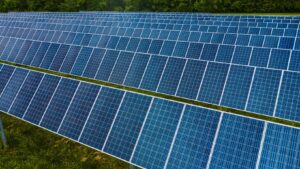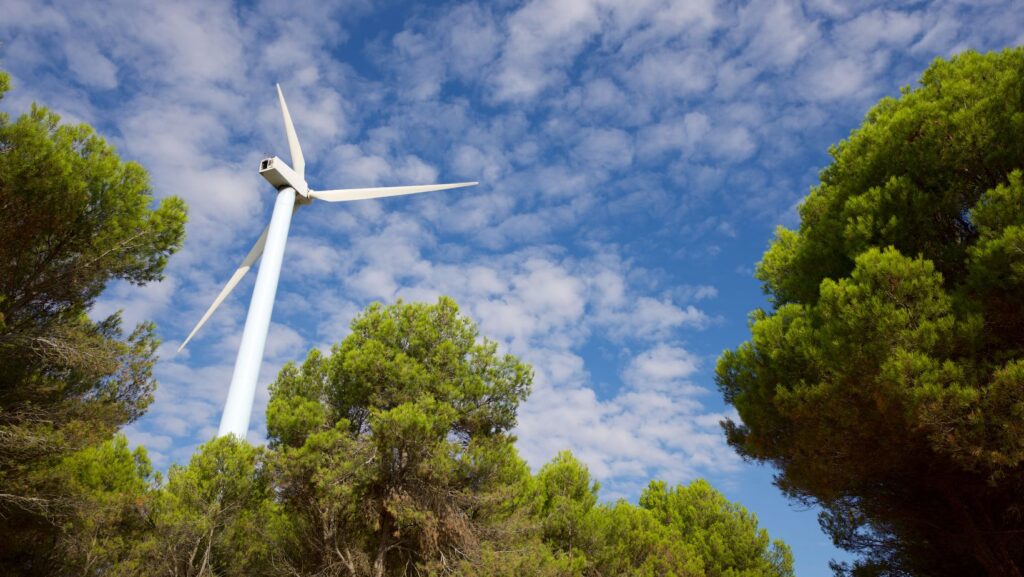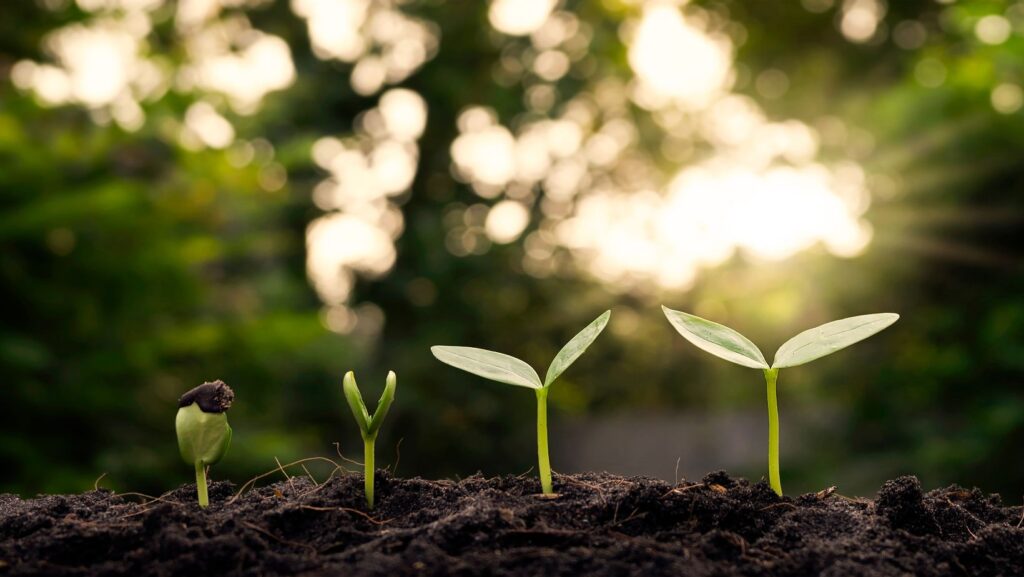Significance of Sustainable Development
 Sustainable development isn’t just a buzzword; it’s a crucial approach to ensuring the well-being of future generations. As the world grapples with climate change, resource depletion, and social inequalities, the need for sustainable practices has never been more urgent. By balancing economic growth, environmental protection, and social equity, sustainable development aims to create a harmonious and resilient future.
Sustainable development isn’t just a buzzword; it’s a crucial approach to ensuring the well-being of future generations. As the world grapples with climate change, resource depletion, and social inequalities, the need for sustainable practices has never been more urgent. By balancing economic growth, environmental protection, and social equity, sustainable development aims to create a harmonious and resilient future.
The significance of sustainable development lies in its holistic approach. It encourages industries to innovate, governments to implement green policies, and communities to adopt eco-friendly habits. This multifaceted strategy not only safeguards natural resources but also promotes economic stability and social inclusiveness. In essence, sustainable development is the blueprint for a thriving planet and a prosperous society.
Understanding Sustainable Development
Sustainable development integrates economic progress, environmental stewardship, and social inclusion. It creates a balanced approach to ensure long-term prosperity without depleting resources or harming societal structures. For businesses looking to align with sustainability goals, Business Energy Comparison can help identify energy plans that support eco-friendly practices and cost efficiency.
Economic Growth
Economic growth must be sustainable to be effective. This involves using resources efficiently and fostering innovation. Industries adopting sustainable practices, like renewable energy sources, achieve financial success while minimizing environmental impact.
Environmental Protection
Environmental protection encompasses practices aimed at conserving natural resources and reducing pollution. Efforts such as reforestation, water conservation, and waste reduction are critical. Governments and organizations worldwide implement policies to mitigate climate change and preserve biodiversity.
Social Equity
Social equity ensures fair access to resources and opportunities for all individuals. Addressing inequalities in healthcare, education, and employment is essential. Sustainable development promotes programs supporting marginalized communities, ensuring everyone benefits from economic and environmental advancements.
Innovation
Innovation is a cornerstone of sustainable development. Technological advancements in renewable energy, clean transportation, and green building materials drive sustainability. By investing in R&D, societies progress towards a more resilient and efficient future.
Policy Implementation
Governments play a crucial role in sustainable development through green policies. Regulations limiting emissions, incentivizing renewable energy, and enforcing conservation laws are examples. These policies guide industries and communities towards sustainable practices.
Implementing these aspects cohesively ensures that nations progress economically while maintaining ecological balance and social justice.
Environmental Benefits
Sustainable development offers significant environmental benefits, promoting ecological balance through various practices. Key advantages include reducing carbon footprints and conserving natural resources.
Reduced Carbon Footprint
Sustainable development reduces carbon footprints by encouraging the use of renewable energy sources (e.g., solar, wind) and increasing  energy efficiency standards. According to the International Renewable Energy Agency (IRENA), switching to renewable energy could reduce global CO2 emissions by up to 70% by 2050. Implementing green building practices and promoting electric vehicles further curbs greenhouse gas emissions. Such measures are vital for mitigating climate change and improving air quality.
energy efficiency standards. According to the International Renewable Energy Agency (IRENA), switching to renewable energy could reduce global CO2 emissions by up to 70% by 2050. Implementing green building practices and promoting electric vehicles further curbs greenhouse gas emissions. Such measures are vital for mitigating climate change and improving air quality.
Conservation of Natural Resources
Sustainable practices conserve natural resources by promoting efficient use and recycling. Methods like rainwater harvesting and graywater recycling reduce water wastage. In agriculture, sustainable practices include crop rotation and organic farming, which maintain soil health and reduce dependency on synthetic chemicals. According to the Food and Agriculture Organization (FAO), sustainable practices can increase agricultural productivity by up to 58%. Additionally, protecting natural habitats and biodiversity through conservation efforts ensures the longevity of ecosystems essential for life on Earth.
 Sustainable development stands as a fundamental strategy for addressing global challenges while ensuring the well-being of future generations. It requires a balanced approach that integrates economic growth, environmental protection, and social equity. By fostering innovation and adopting eco-friendly practices, sustainable development paves the way for a thriving planet and prosperous society.
Sustainable development stands as a fundamental strategy for addressing global challenges while ensuring the well-being of future generations. It requires a balanced approach that integrates economic growth, environmental protection, and social equity. By fostering innovation and adopting eco-friendly practices, sustainable development paves the way for a thriving planet and prosperous society.
The environmental, economic, and social benefits of sustainable development are substantial. From reducing carbon footprints to creating green jobs, the impacts are far-reaching. Yet, challenges such as regulatory hurdles and financial barriers must be addressed through government incentives and green finance mechanisms.
Successful projects like Masdar City, Curitiba, and Ørsted demonstrate the potential of sustainable development when stakeholder interests align and innovation is prioritized. These examples offer valuable lessons for future initiatives, highlighting the importance of policy support, public engagement, and investment in technology. Sustainable development is not just an option; it’s a necessity for a resilient and equitable future.



